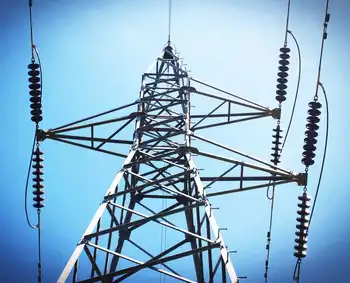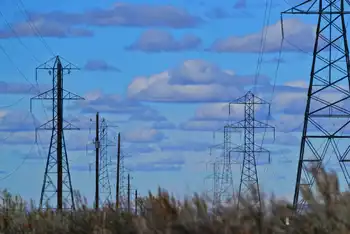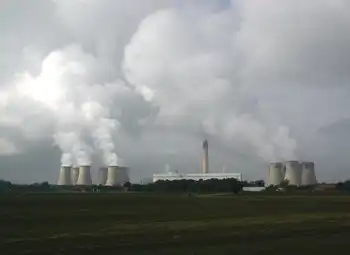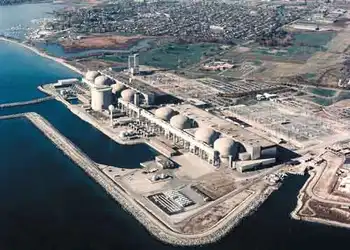Seoul — - N. Korea says plutonium used for atomic bombs
Seoul — North Korea said recently that it has completed reprocessing its 8,000 spent nuclear fuel rods and is using plutonium extracted from them to make atomic bombs.
“The (North) successfully finished the reprocessing of some 8,000 spent fuel rods,” a spokesman of Pyongyang's Foreign Ministry said in a statement carried by the North's official news agency KCNA.
Accusing the United States of taking a “hostile policy” toward the North, the statement said that North Korea “made a switchover in the use of plutonium churned out by reprocessing spent fuel rods in the direction increasing its nuclear deterrent force.”
North Korea also said it will reprocess more spent fuel rods to be produced from the small reactor in its main nuclear complex in Yongbyon, north of Pyongyang.
Earlier this week, North Korea claimed that it was taking “practical measures” to boost its nuclear weapons program as a “deterrent” against what it calls a U.S. plan to invade.
The claim came as some U.S. intelligence analysts are becoming increasingly concerned that the communist regime may have three, four or even six nuclear weapons instead of the one or two the CIA now estimates.
New atomic bombs would give Pyongyang more authority at the negotiating table, and may allow it to part with one, either in a test or by selling it, experts say.
The United States and its allies are trying to persuade North Korea to give up its nuclear programs. North says it will do so only if the United States signs a nonaggression treaty, provides economic aid and opens diplomatic ties.
The nuclear dispute flared last October when U.S. officials said North Korea admitted running a secret nuclear weapons program in violation of international agreements.
Related News

OEB issues decision on Hydro One's first combined T&D rates application
TORONTO - The Ontario Energy Board (OEB) issued its Decision and Order on an application filed by Hydro One Networks Inc. (Hydro One) on August 5, 2021 seeking approval for changes to the rates it charges for electricity transmission and distribution, beginning January 1, 2023 and for each subsequent year through to December 31, 2027.
The proceeding resulted in the filing of a settlement proposal that the OEB has now approved after concluding that it is in the public interest.
The negotiated reductions in Hydro One's transmission and distribution revenue requirements over the 2023 to 2027 period total $482.7 million compared to…




